Home / trending / Punjab Bandh Brings State to a Standstill: Farmers Demand Legal Guarantee for MSP
Punjab Bandh Brings State to a Standstill: Farmers Demand Legal Guarantee for MSP
By: My India Times
3 minutes read 123Updated At: 2024-12-31
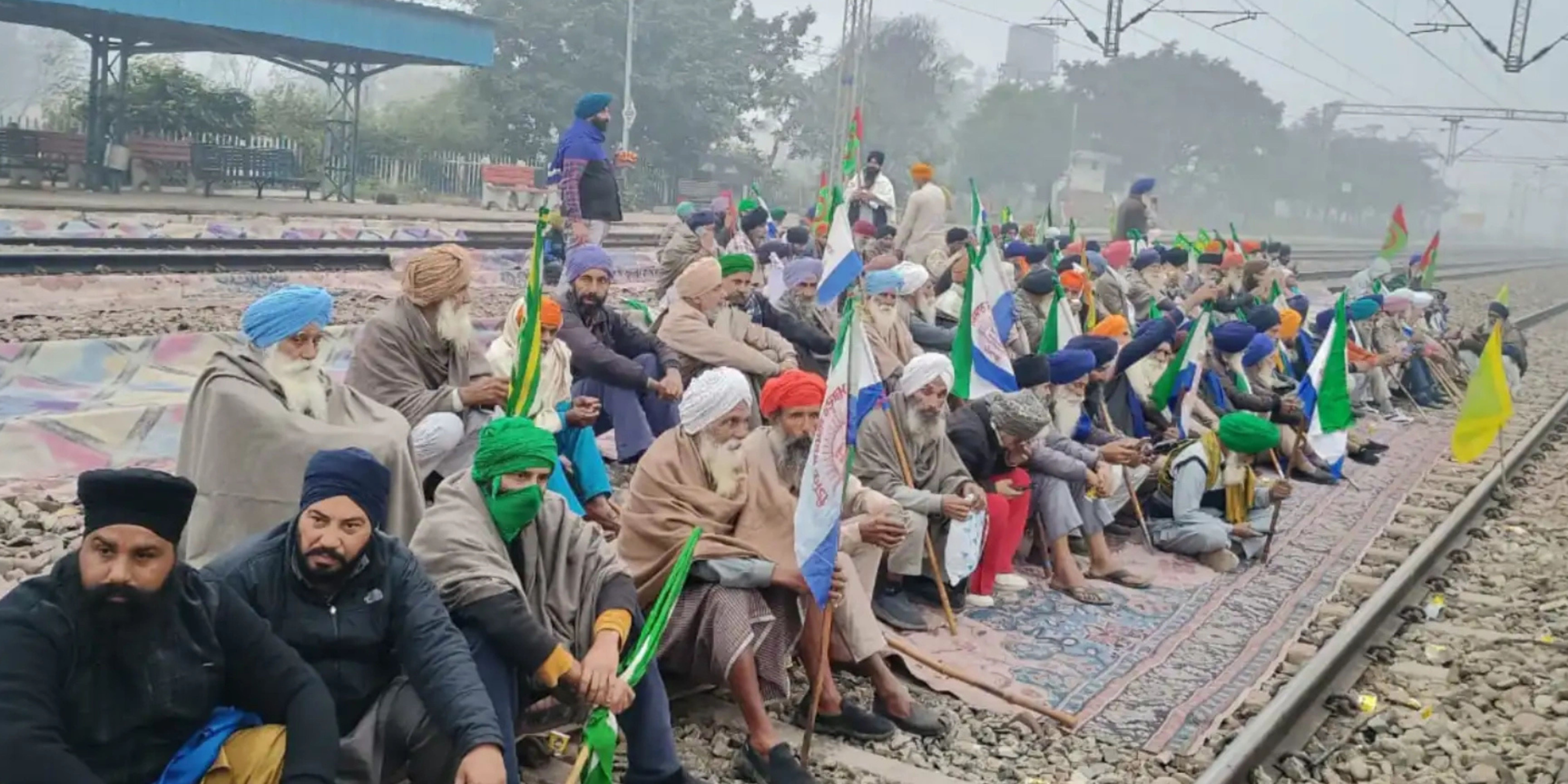
Punjab witnessed a complete halt to normal life today as farmers observed a nine-hour statewide bandh, demanding a legal guarantee for the Minimum Support Price (MSP) for crops. The bandh, organized by the Samyukt Kisan Morcha (Non-political) and the Kisan Mazdoor Morcha, lasted from 7 am to 4 pm, affecting road and rail traffic across the state and bringing commercial activities to a standstill.
Massive Response Across Punjab
The bandh evoked a strong response from people across the state, as claimed by farm union leaders. Nearly 200 protest sites were reported in key cities like Patiala, Jalandhar, Amritsar, Ferozepur, Bathinda, and Pathankot. Thousands of farmers came out in huge numbers, blocking highways, railway tracks, and arterial roads. This caused inconvenience to thousands of commuters and disrupted the daily routine.
Commercial establishments remained shut in many places, indicating mass support for the cause of farmers. Educational institutions and offices also suffered due to the situation, as many decided to shut down for the day. In all this, the protesters ensured that no essential services were affected. Patients, emergency travelers, and vehicles carrying vital supplies were allowed to pass through protest sites.
Solidarity with Jagjit Singh Dallewal
The bandh also proved to be a powerful show of solidarity with farmer leader Jagjit Singh Dallewal, who has been on a hunger strike for 35 days at the Khanauri border. Dallewal's hunger strike has now become the focal point of the agitation, with farmers rallying behind him to pressurize the government to act on their demands.
Dallewal has turned down medical attention even when his health worsened. This stance without compromise has brought so much attention, and the protest of farmers has been amplified in their demands. They argue that a legal MSP guarantee would be a befitting protection of their interests while ensuring adequate remuneration for their crop.
Government’s Efforts Fall Short
In response to the escalating situation, Punjab Chief Minister Bhagwant Mann cut short his visit to Australia and returned to the state late Saturday evening. Since then, the state government has been making efforts to resolve the crisis. Former ADGP Jaskaran Singh, acting as an interlocutor, has been in talks with Dallewal to convince him to end his hunger strike. However, these attempts have so far been unsuccessful.
The failure to shift Dallewal to a hospital has drawn criticism, with many accusing the government of inaction. Protesters expressed disappointment over the lack of concrete steps by both the state and central governments to address their demands.
Protests Remain Peaceful
Despite the widespread disruptions, the bandh remained largely peaceful. While there were isolated instances of arguments between commuters and protesters, no major incidents of violence were reported. Farmers at protest sites maintained discipline, emphasizing the need for a non-violent movement to draw attention to their cause.
The Farmers’ Unwavering Resolve
The call for a legal guarantee of MSP has been a longstanding demand of farmers, who argue that it is essential to protect their livelihoods in an uncertain market. They believe that without legal backing, promises made by the government remain vulnerable to policy changes and economic pressures.
The bandh showcased the farmers’ resolve and unity, with thousands participating in the demonstrations. Leaders of the movement have vowed to continue their struggle until their demands are met.
Broader Implications
The bandh not only highlighted the immediate concerns of Punjab’s farmers but also brought attention to the larger issue of agricultural reforms in India. The demand for MSP is part of a broader debate on the future of farming in the country and the need for policies that ensure sustainable development in the sector.
The central government’s silence on the issue has fueled frustration among farmers, who feel that their grievances are being ignored. The protest has once again underscored the need for dialogue between the government and farmers to find a lasting solution.
The Road Ahead
As the day-long bandh concluded, farm union leaders expressed gratitude to those who supported the movement and vowed to intensify their agitation if their demands are not addressed. The state and central governments face mounting pressure to engage with the farmers and provide a clear roadmap for resolving the crisis.
For now, the farmers remain steadfast in their fight for justice, with Jagjit Singh Dallewal’s hunger strike serving as a poignant reminder of the sacrifices being made to secure their rights. The Punjab bandh may have ended, but the movement it represents continues to gain momentum, keeping the spotlight on one of India’s most critical socio-economic challenges.
....Punjab witnessed a complete halt to normal life today as farmers observed a nine-hour statewide bandh, demanding a legal guarantee for the Minimum Support Price (MSP) for crops. The bandh, organized by the Samyukt Kisan Morcha (Non-political) and the Kisan Mazdoor Morcha, lasted from 7 am to 4 pm, affecting road and rail traffic across the state and bringing commercial activities to a standstill.
Massive Response Across Punjab
The bandh evoked a strong response from people across the state, as claimed by farm union leaders. Nearly 200 protest sites were reported in key cities like Patiala, Jalandhar, Amritsar, Ferozepur, Bathinda, and Pathankot. Thousands of farmers came out in huge numbers, blocking highways, railway tracks, and arterial roads. This caused inconvenience to thousands of commuters and disrupted the daily routine.
Commercial establishments remained shut in many places, indicating mass support for the cause of farmers. Educational institutions and offices also suffered due to the situation, as many decided to shut down for the day. In all this, the protesters ensured that no essential services were affected. Patients, emergency travelers, and vehicles carrying vital supplies were allowed to pass through protest sites.
Solidarity with Jagjit Singh Dallewal
The bandh also proved to be a powerful show of solidarity with farmer leader Jagjit Singh Dallewal, who has been on a hunger strike for 35 days at the Khanauri border. Dallewal's hunger strike has now become the focal point of the agitation, with farmers rallying behind him to pressurize the government to act on their demands.
Dallewal has turned down medical attention even when his health worsened. This stance without compromise has brought so much attention, and the protest of farmers has been amplified in their demands. They argue that a legal MSP guarantee would be a befitting protection of their interests while ensuring adequate remuneration for their crop.
Government’s Efforts Fall Short
In response to the escalating situation, Punjab Chief Minister Bhagwant Mann cut short his visit to Australia and returned to the state late Saturday evening. Since then, the state government has been making efforts to resolve the crisis. Former ADGP Jaskaran Singh, acting as an interlocutor, has been in talks with Dallewal to convince him to end his hunger strike. However, these attempts have so far been unsuccessful.
The failure to shift Dallewal to a hospital has drawn criticism, with many accusing the government of inaction. Protesters expressed disappointment over the lack of concrete steps by both the state and central governments to address their demands.
Protests Remain Peaceful
Despite the widespread disruptions, the bandh remained largely peaceful. While there were isolated instances of arguments between commuters and protesters, no major incidents of violence were reported. Farmers at protest sites maintained discipline, emphasizing the need for a non-violent movement to draw attention to their cause.
The Farmers’ Unwavering Resolve
The call for a legal guarantee of MSP has been a longstanding demand of farmers, who argue that it is essential to protect their livelihoods in an uncertain market. They believe that without legal backing, promises made by the government remain vulnerable to policy changes and economic pressures.
The bandh showcased the farmers’ resolve and unity, with thousands participating in the demonstrations. Leaders of the movement have vowed to continue their struggle until their demands are met.
Broader Implications
The bandh not only highlighted the immediate concerns of Punjab’s farmers but also brought attention to the larger issue of agricultural reforms in India. The demand for MSP is part of a broader debate on the future of farming in the country and the need for policies that ensure sustainable development in the sector.
The central government’s silence on the issue has fueled frustration among farmers, who feel that their grievances are being ignored. The protest has once again underscored the need for dialogue between the government and farmers to find a lasting solution.
The Road Ahead
As the day-long bandh concluded, farm union leaders expressed gratitude to those who supported the movement and vowed to intensify their agitation if their demands are not addressed. The state and central governments face mounting pressure to engage with the farmers and provide a clear roadmap for resolving the crisis.
For now, the farmers remain steadfast in their fight for justice, with Jagjit Singh Dallewal’s hunger strike serving as a poignant reminder of the sacrifices being made to secure their rights. The Punjab bandh may have ended, but the movement it represents continues to gain momentum, keeping the spotlight on one of India’s most critical socio-economic challenges.
By: My India Times
Updated At: 2024-12-31
Tags: trending News | My India Times News | Trending News | Travel News
Join our WhatsApp Channel

Similiar News
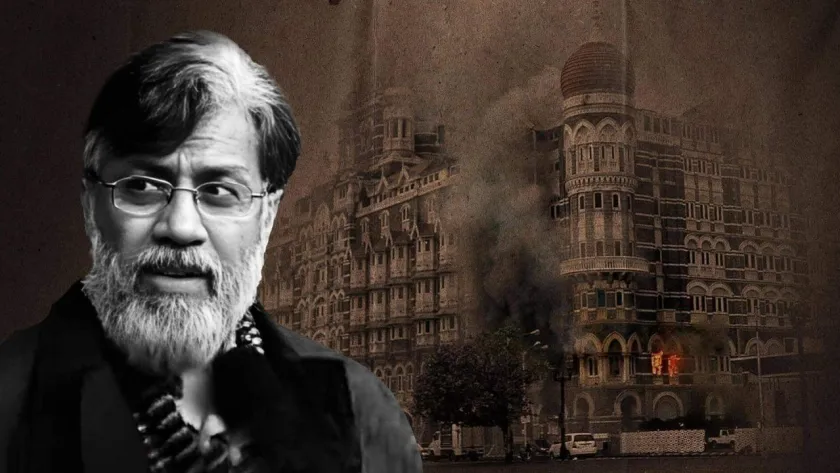
US Supreme Court Rejects 26/11 Accused Tahawwur Rana’s Plea to Block Extradition to India
2025-03-08
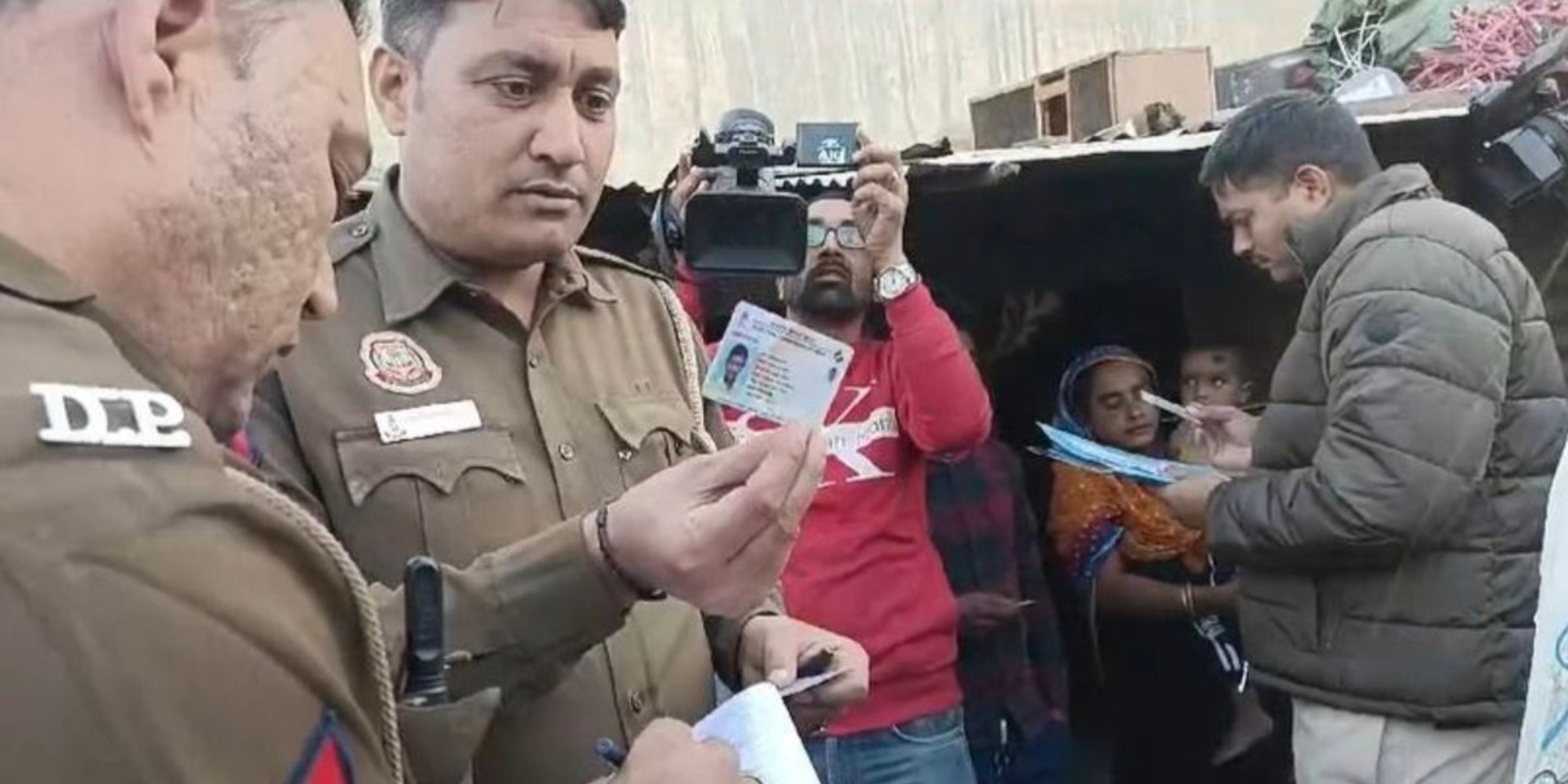


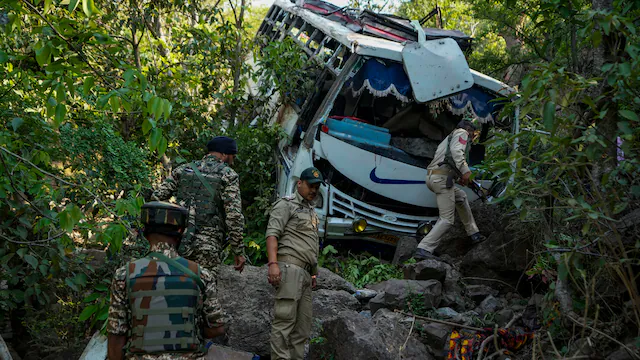



















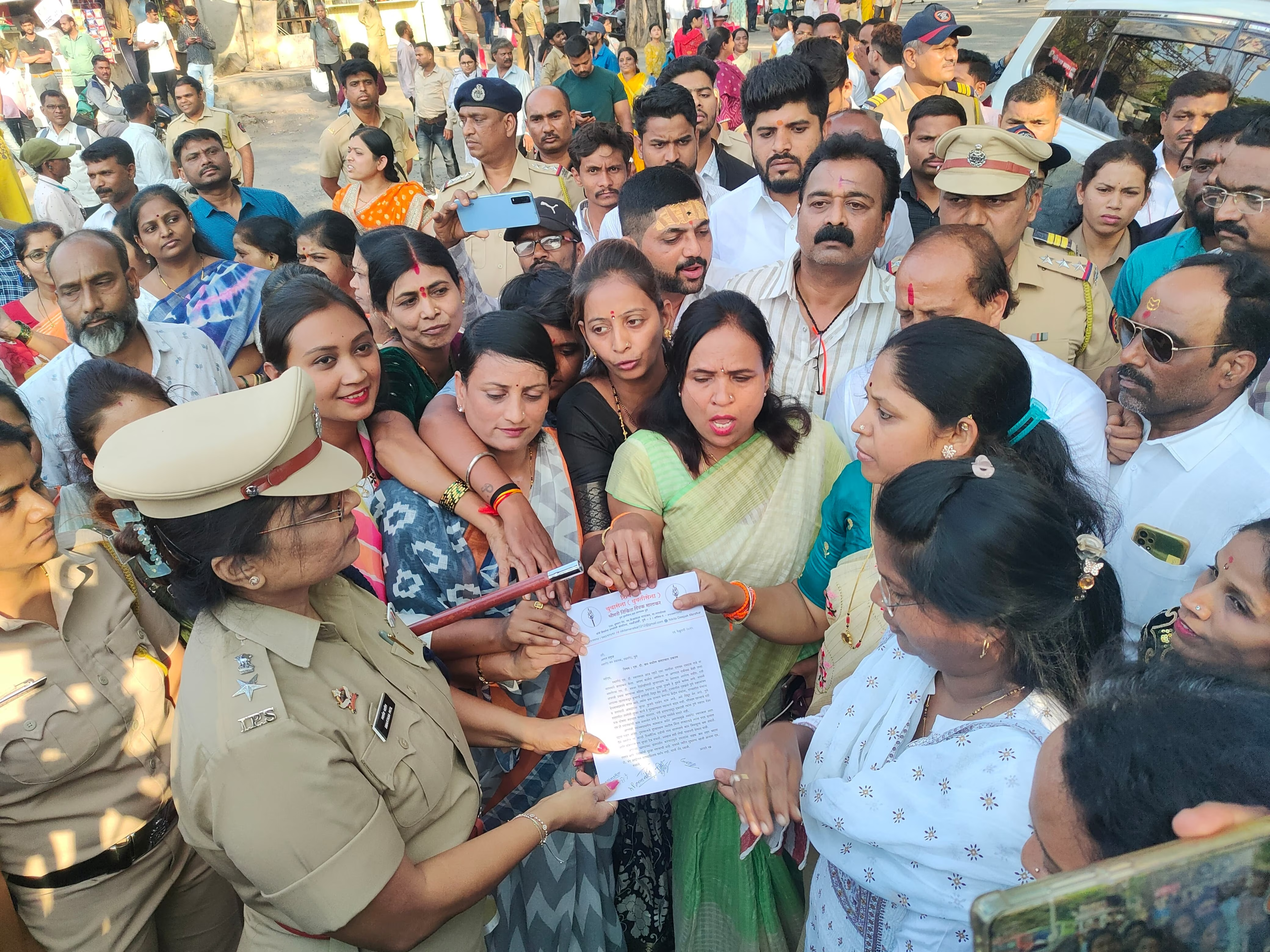

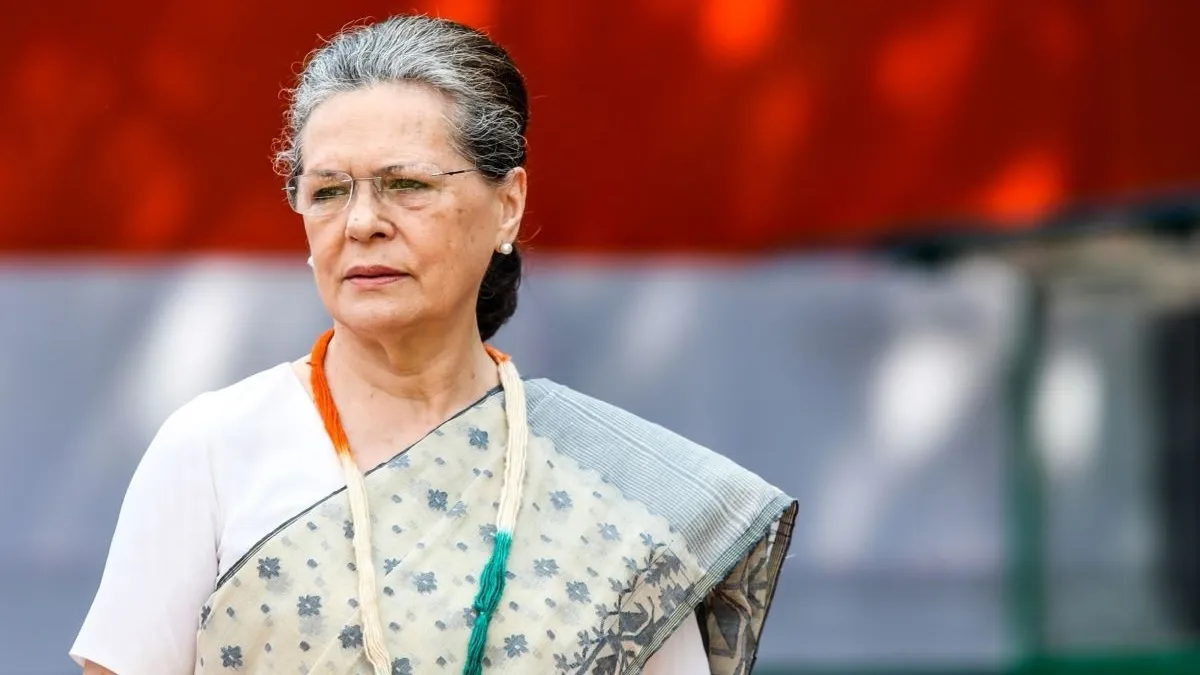

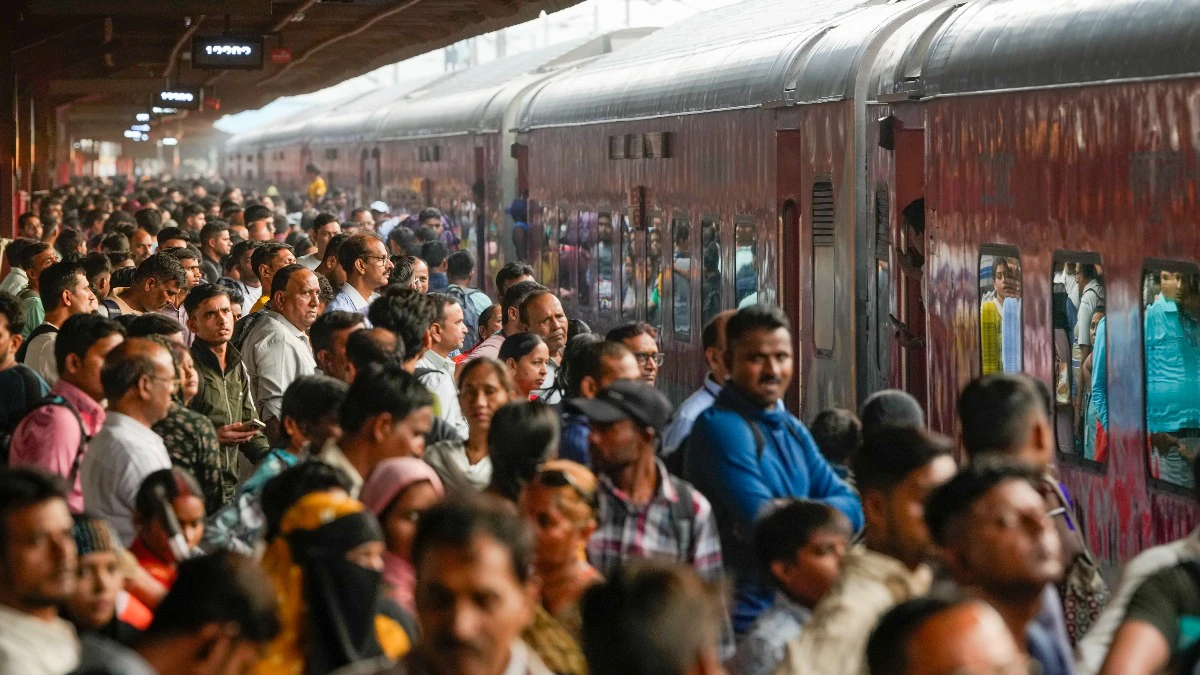
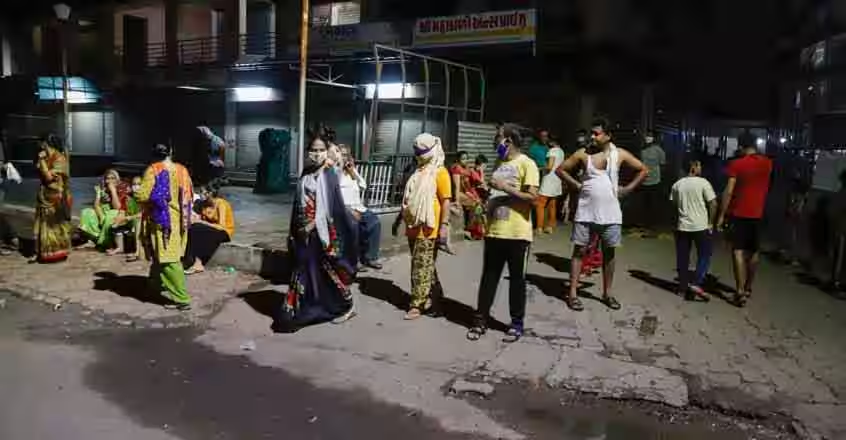















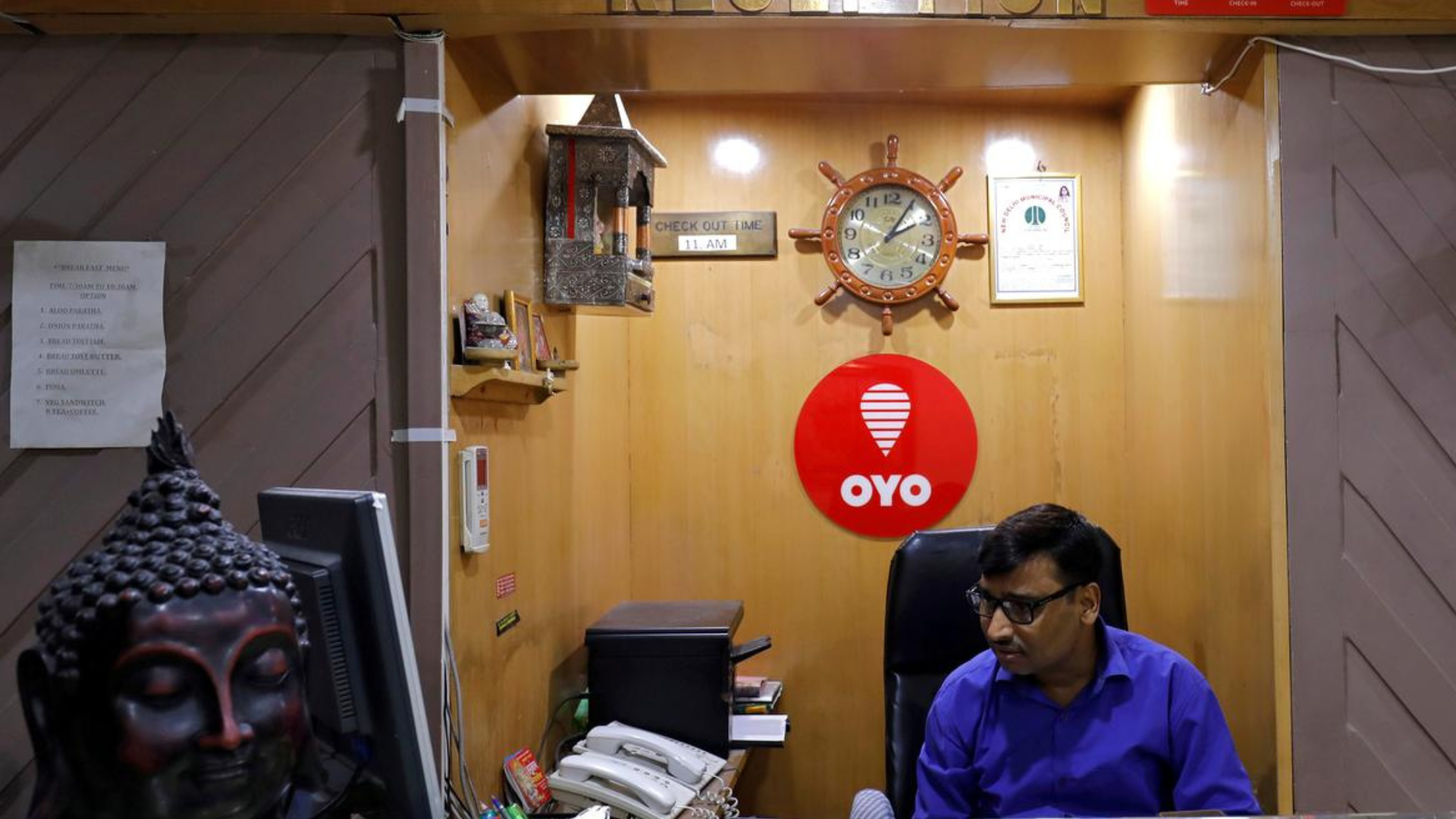
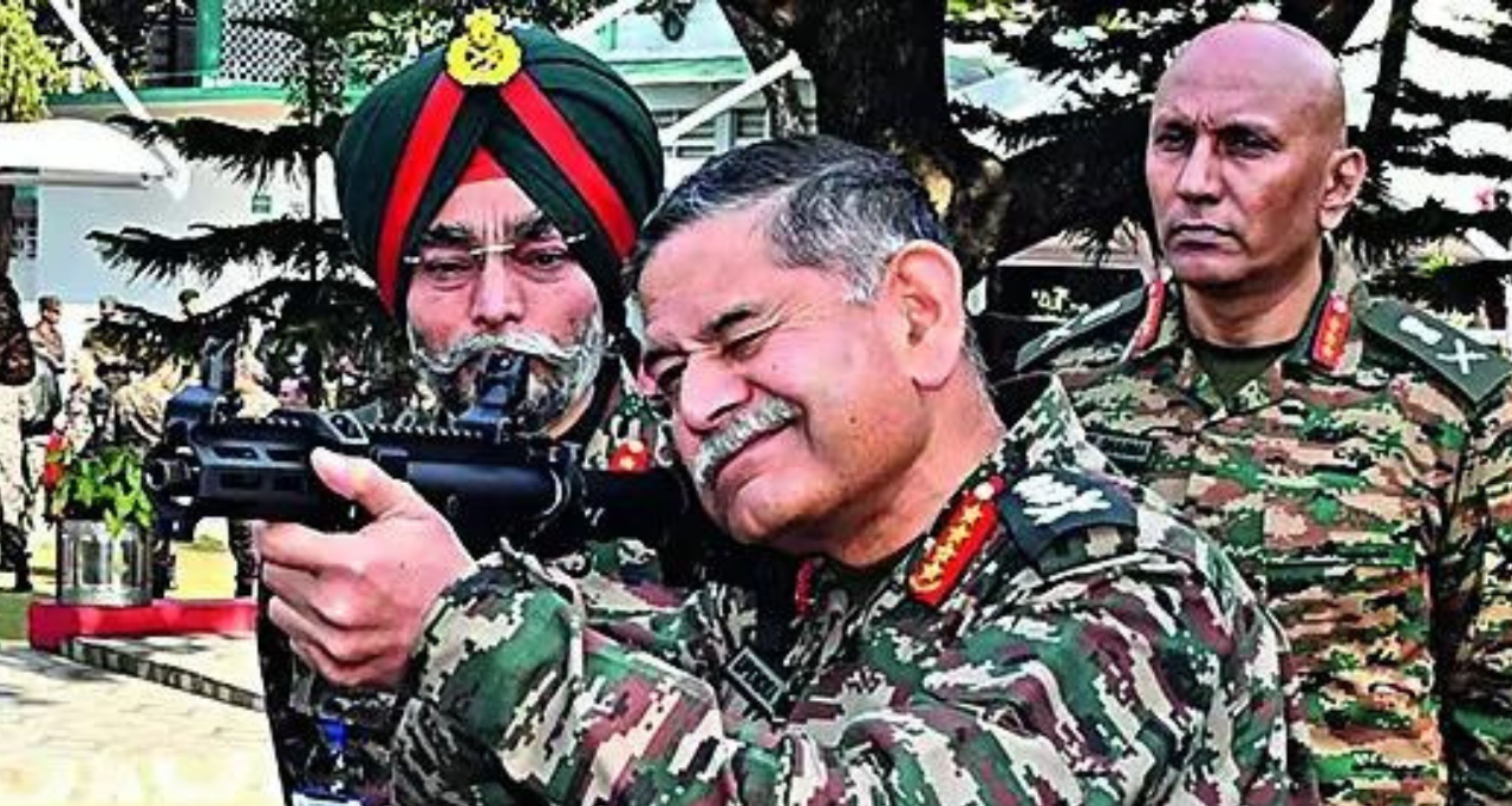
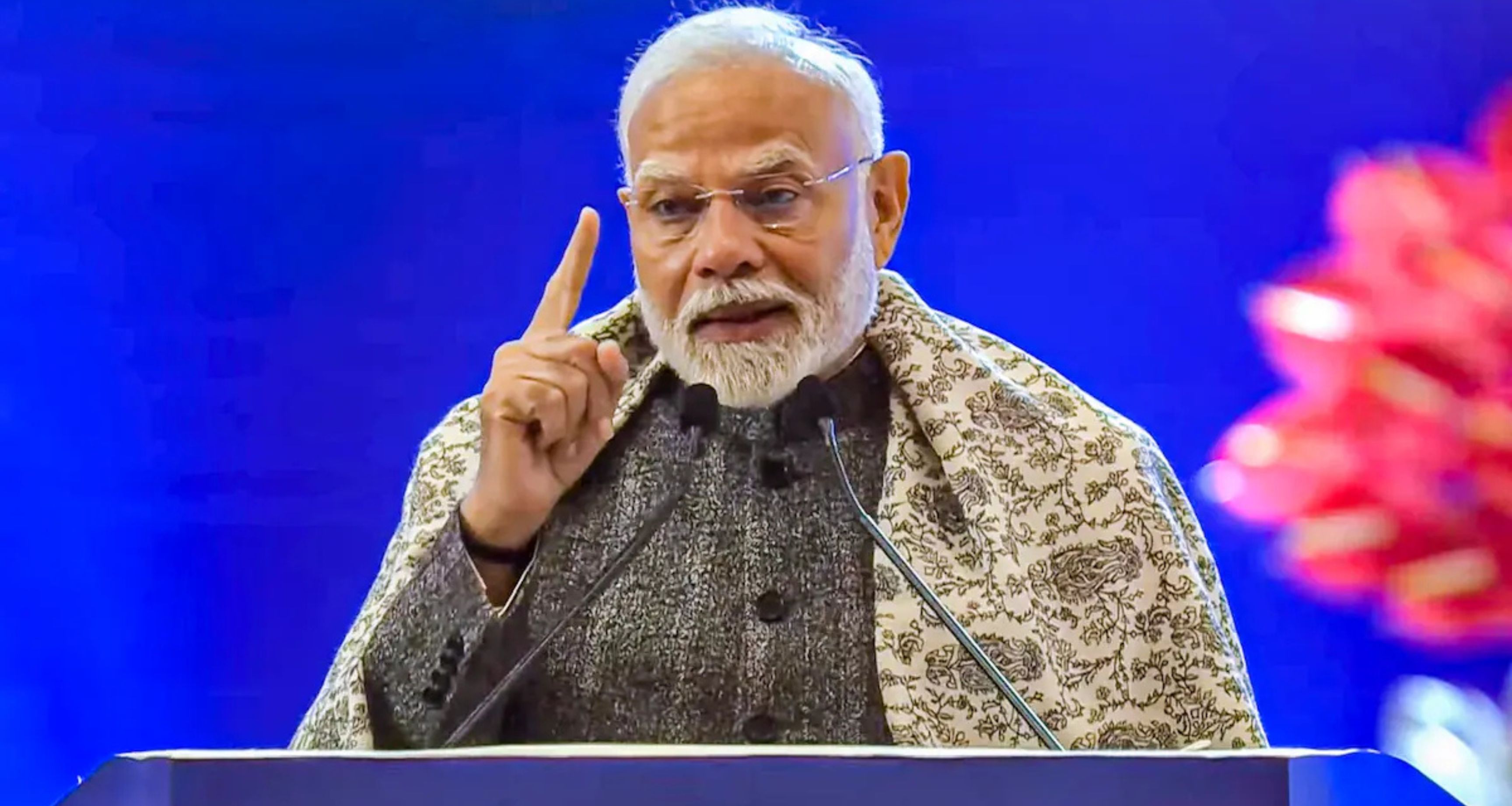
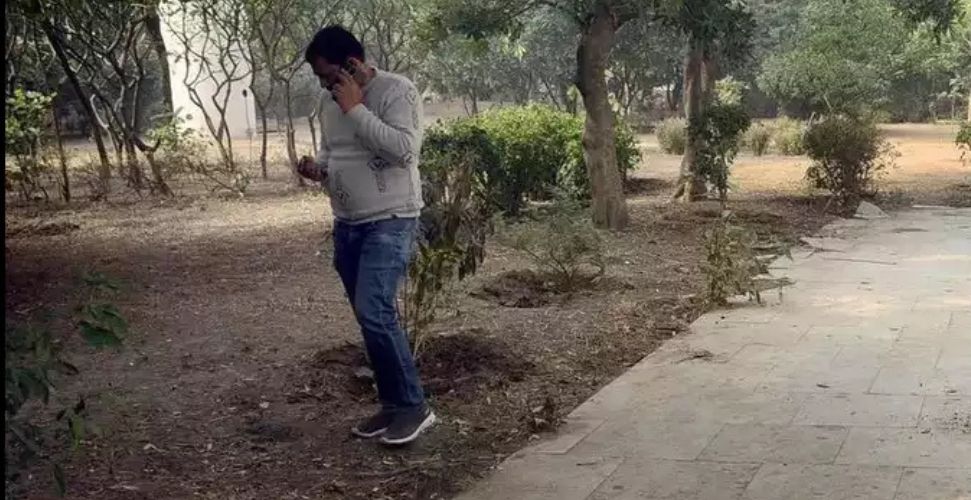

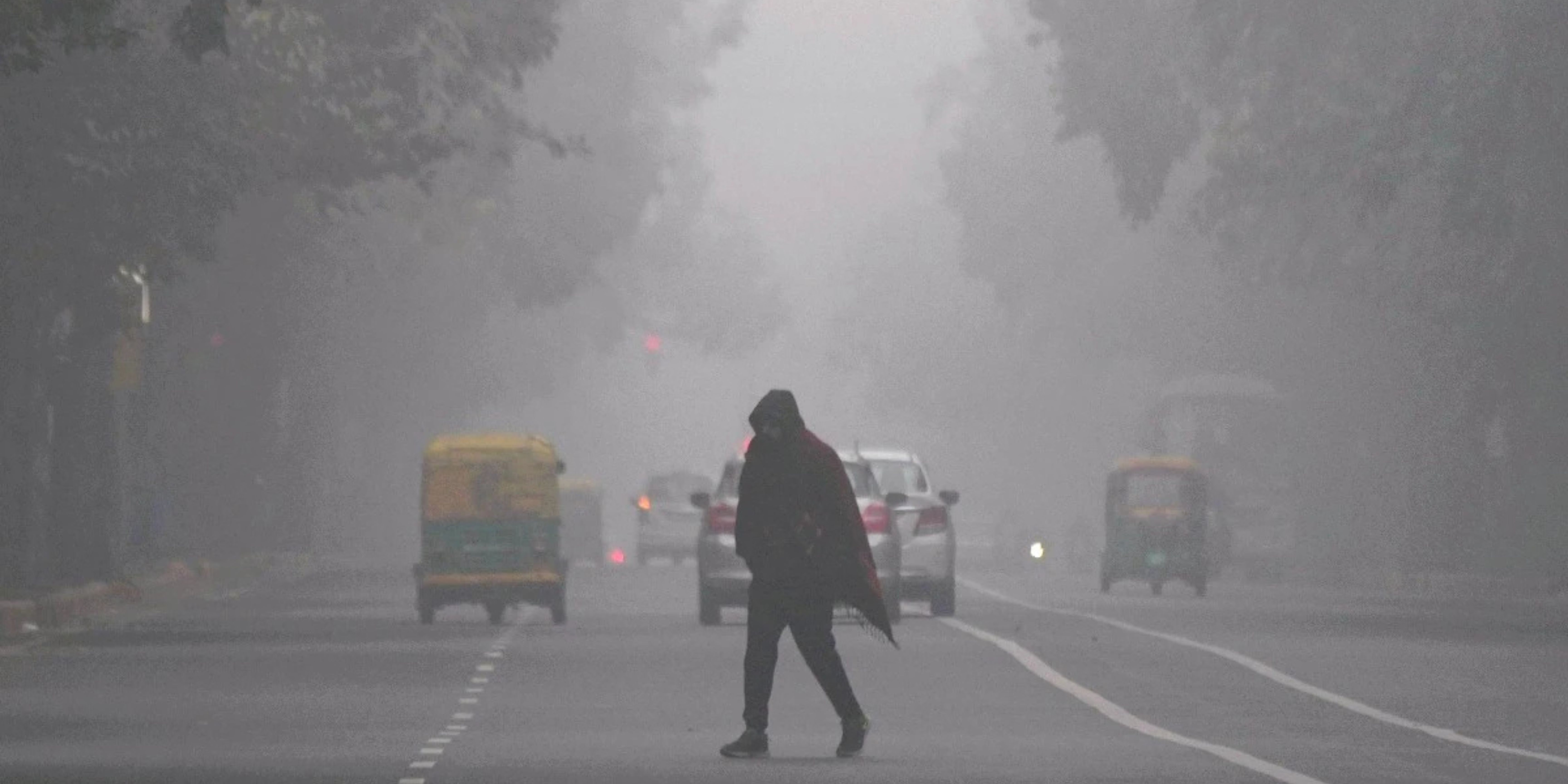




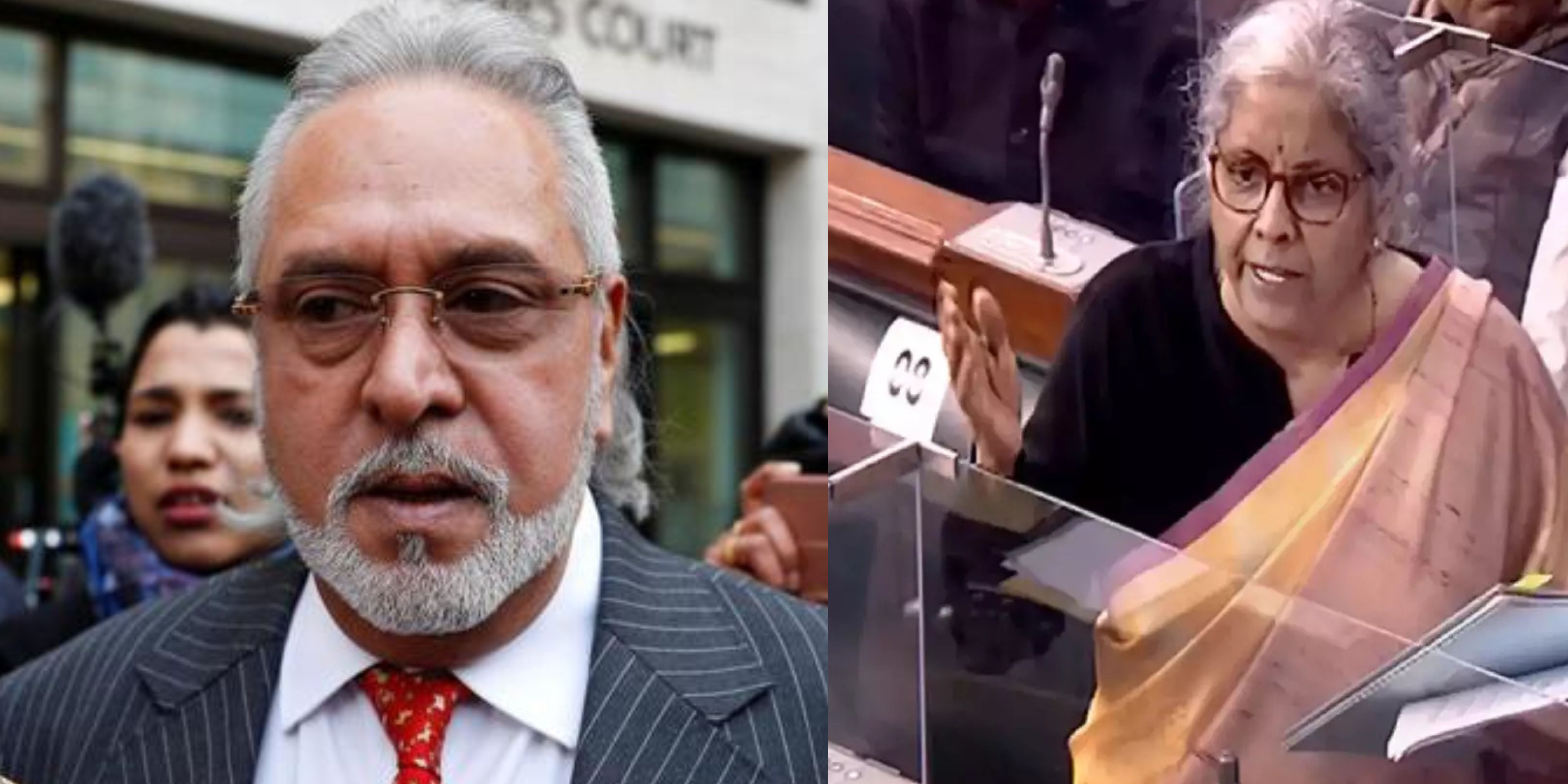

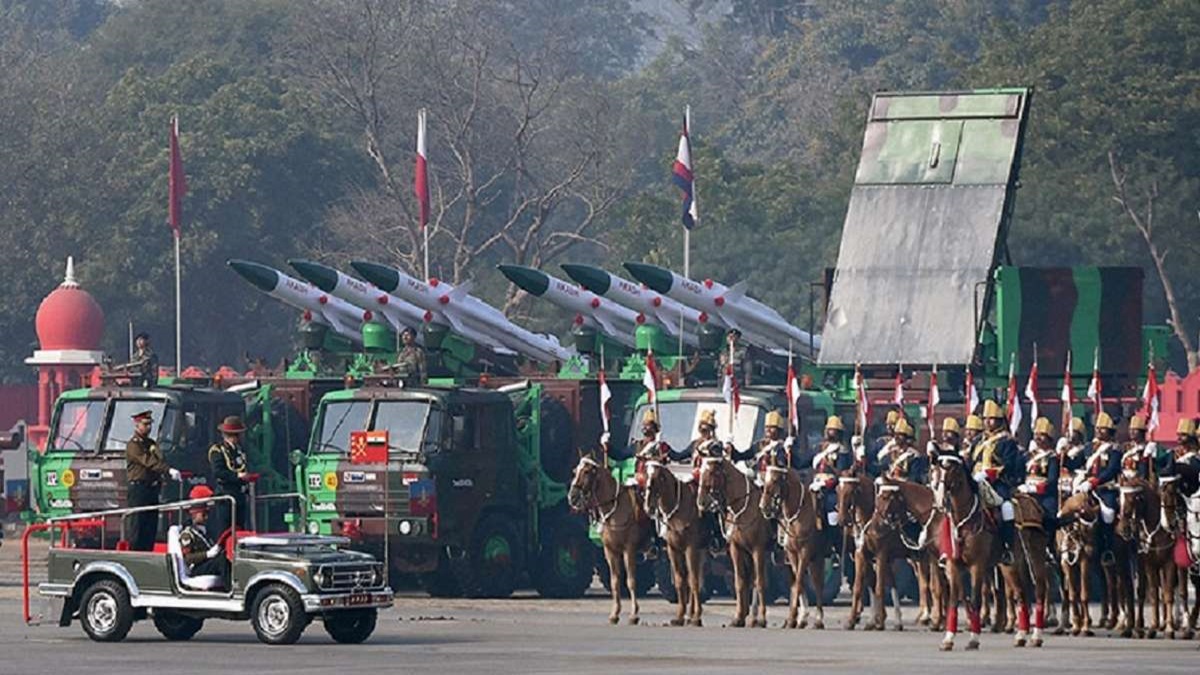

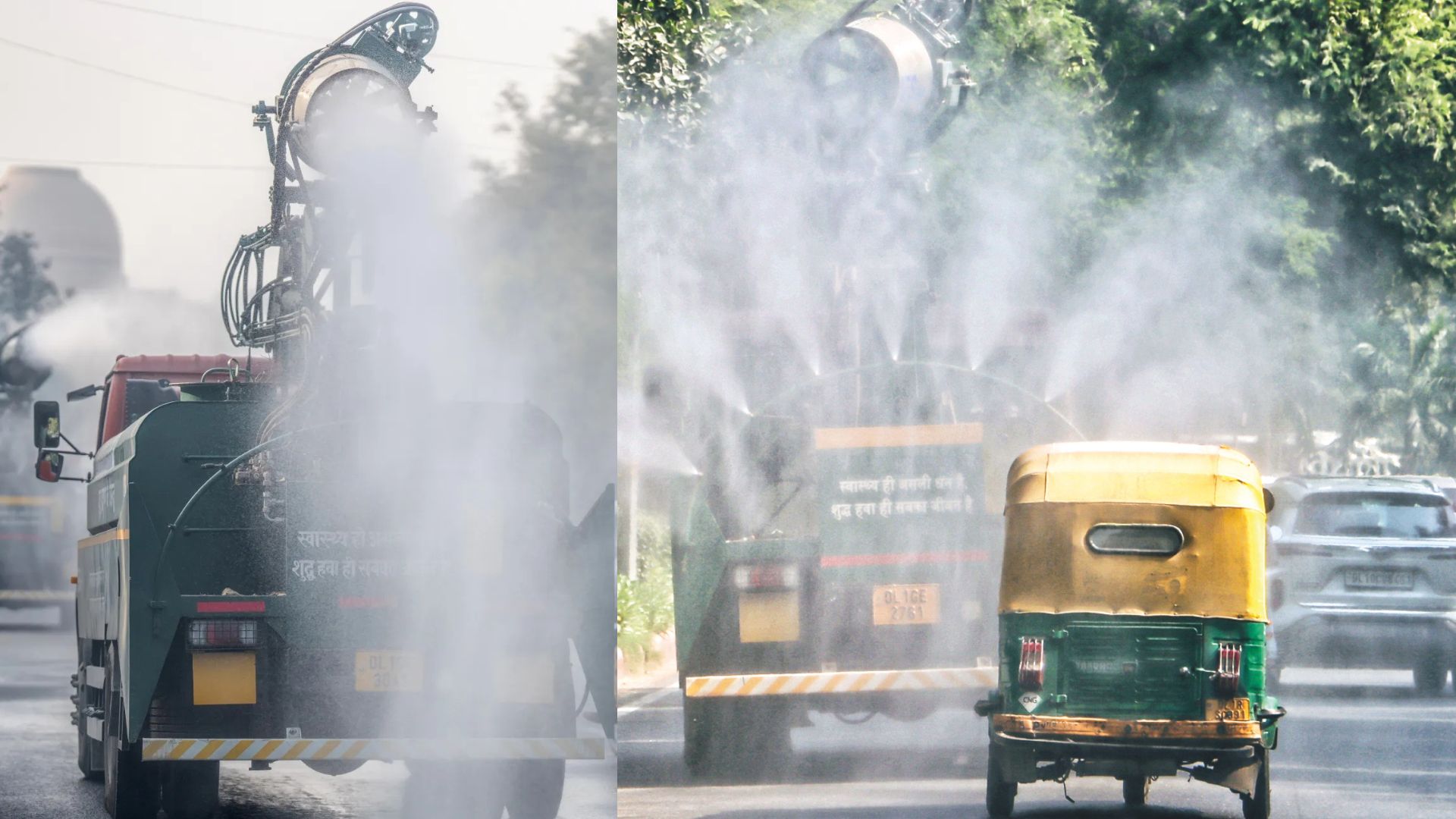
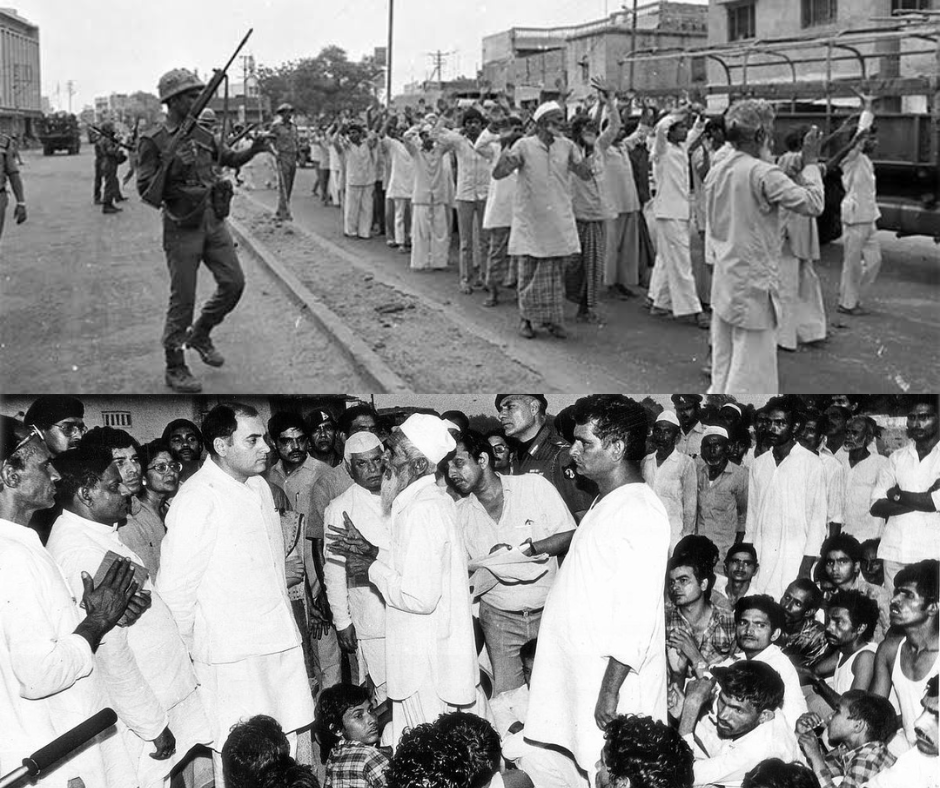


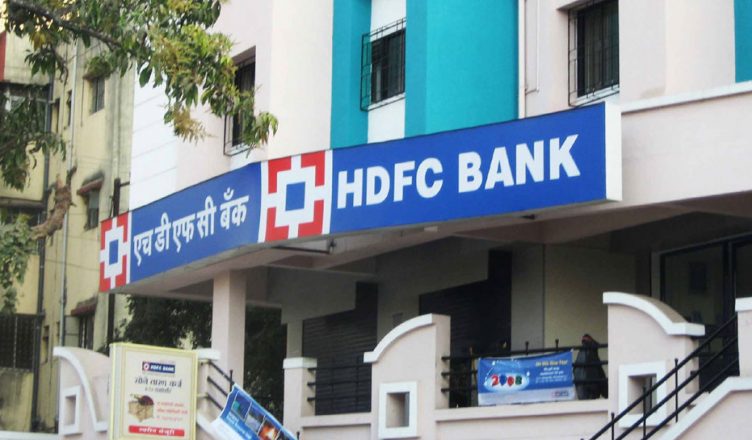

.jfif)
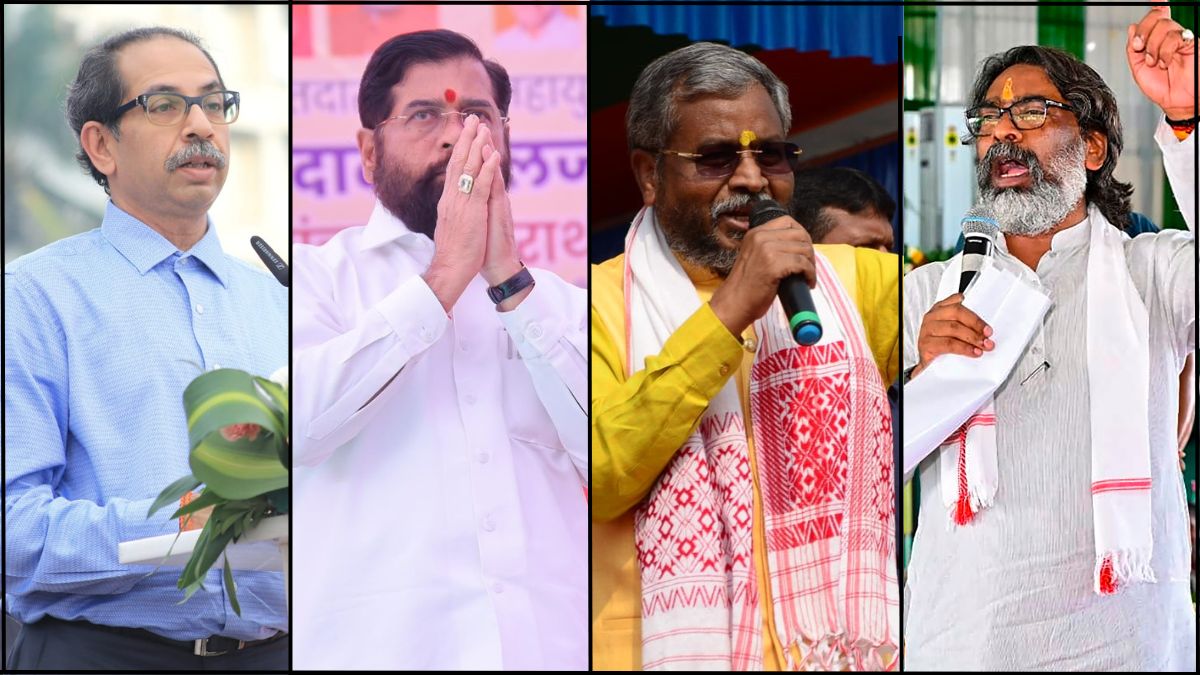


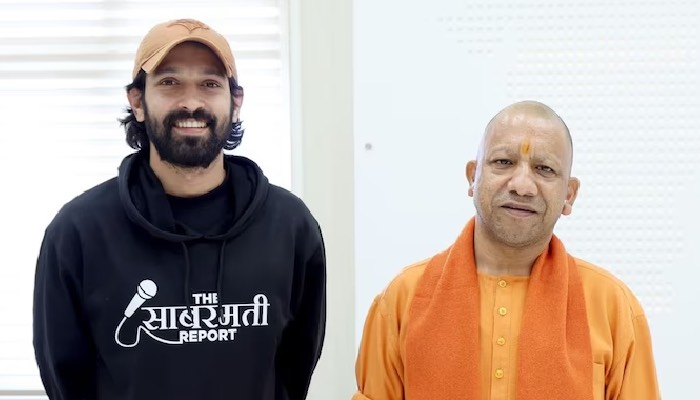

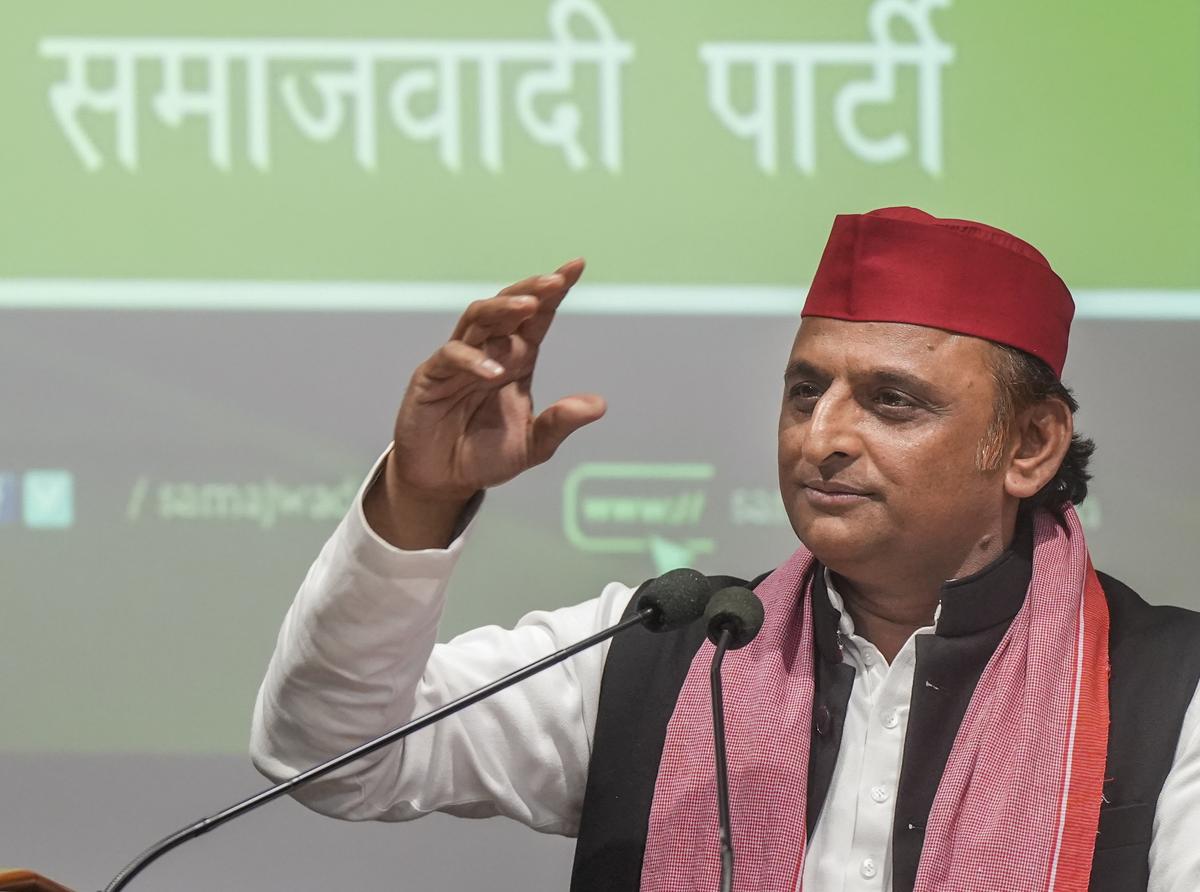



.jpg)



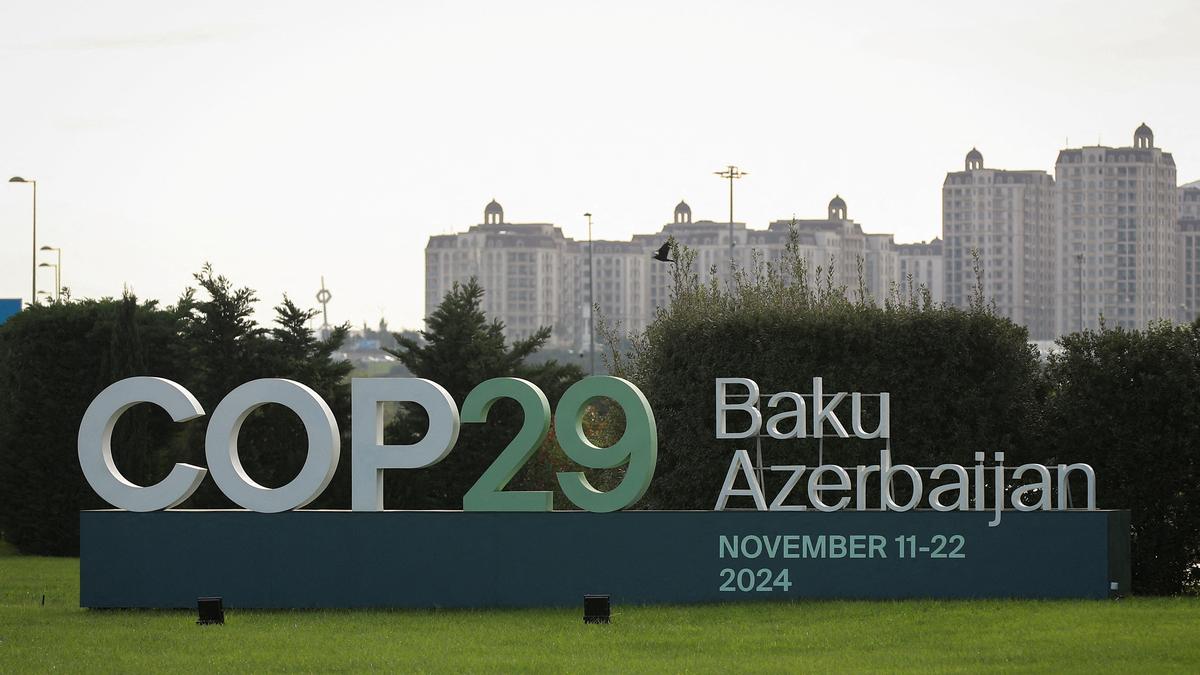

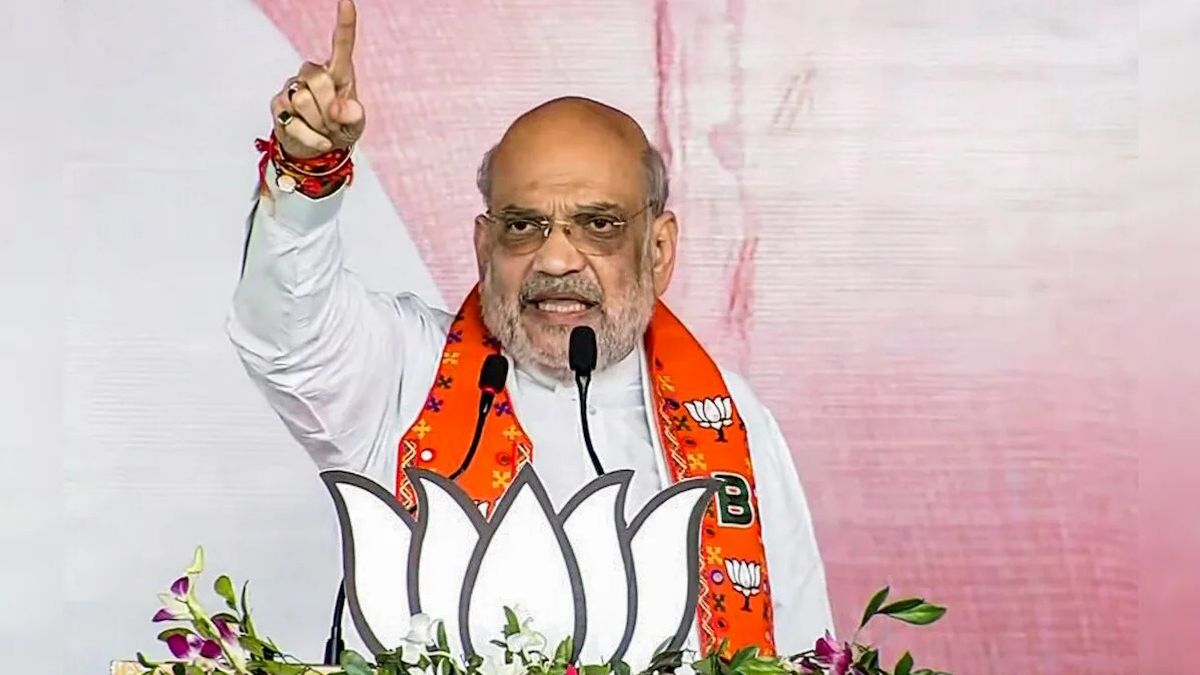
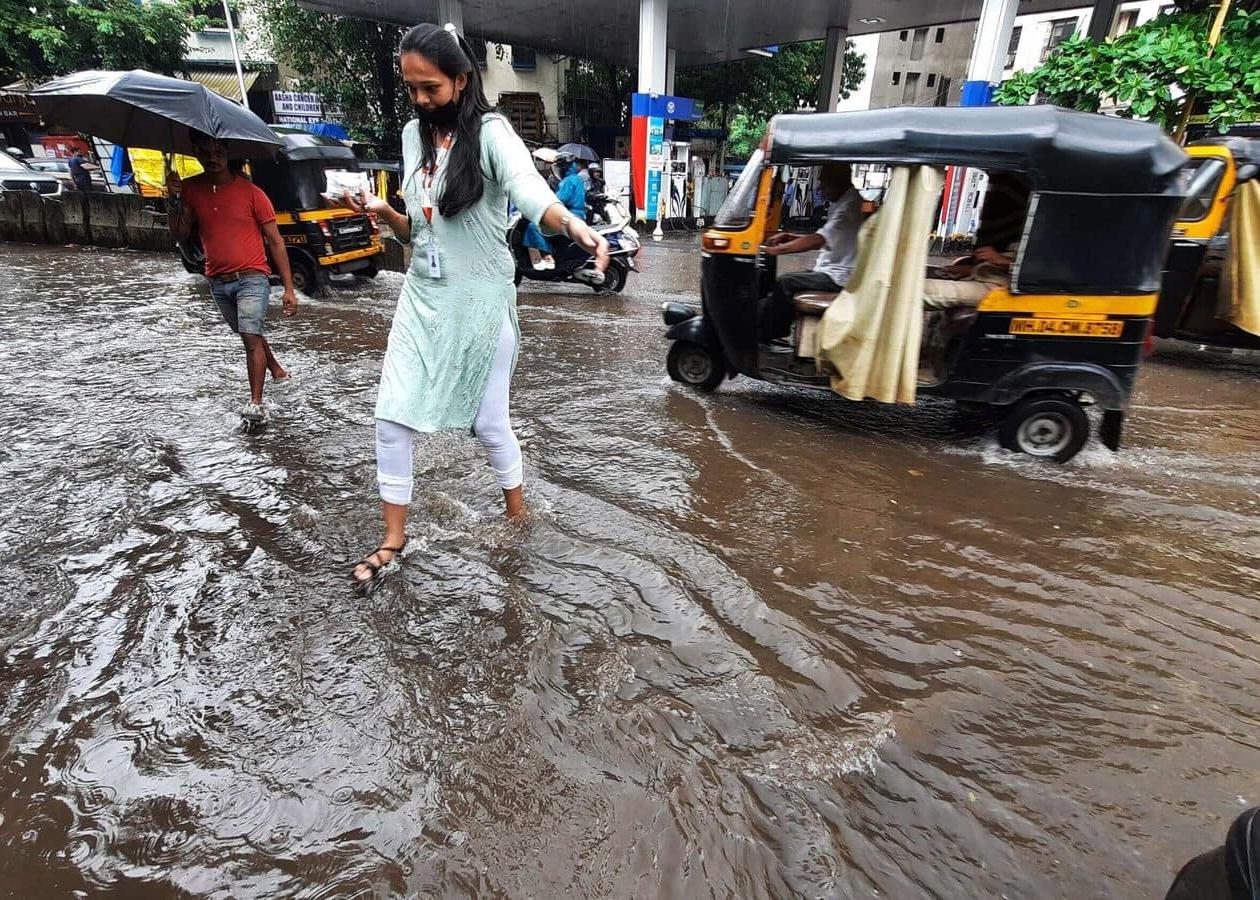




























































































.png)
 (1).png)























